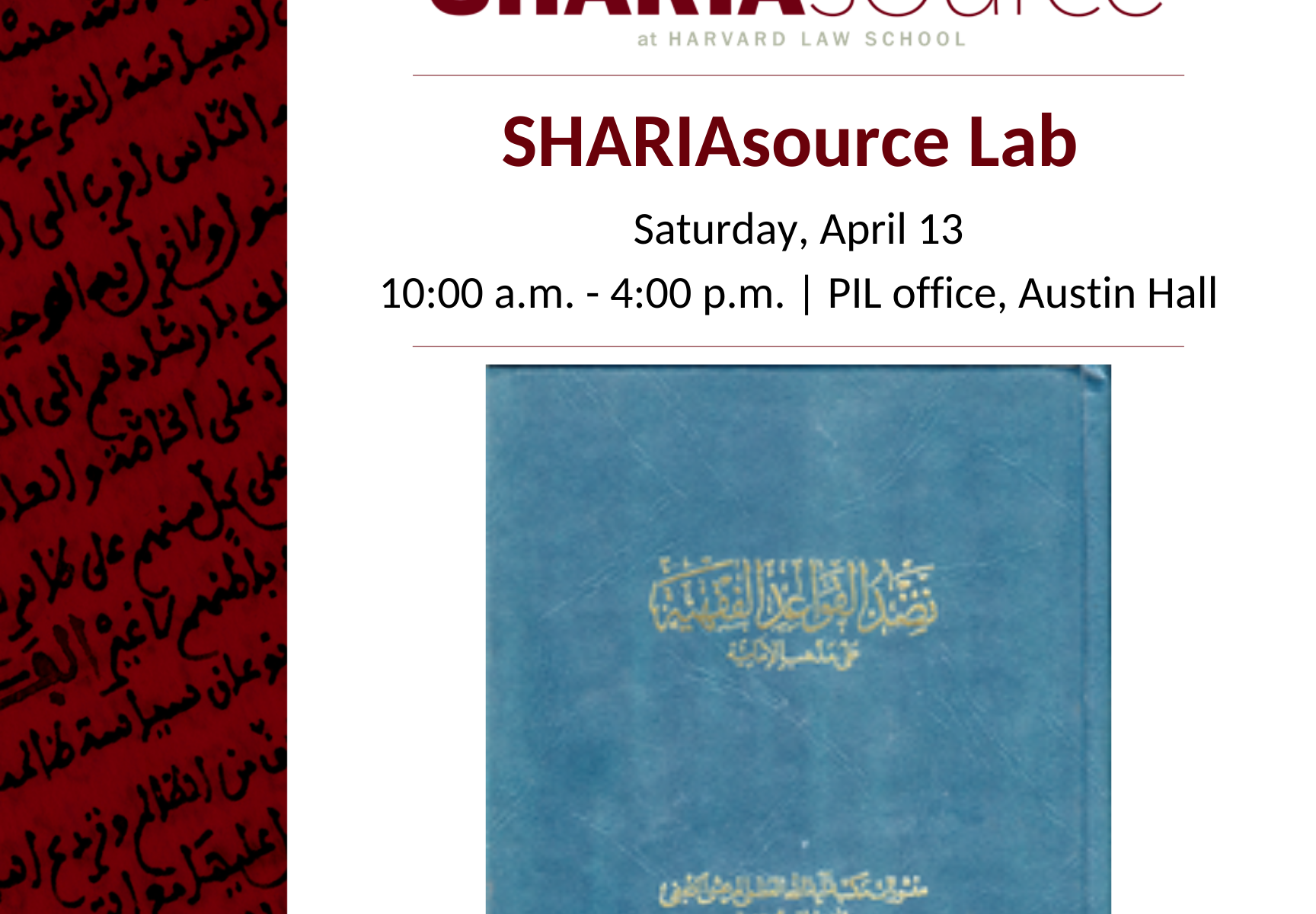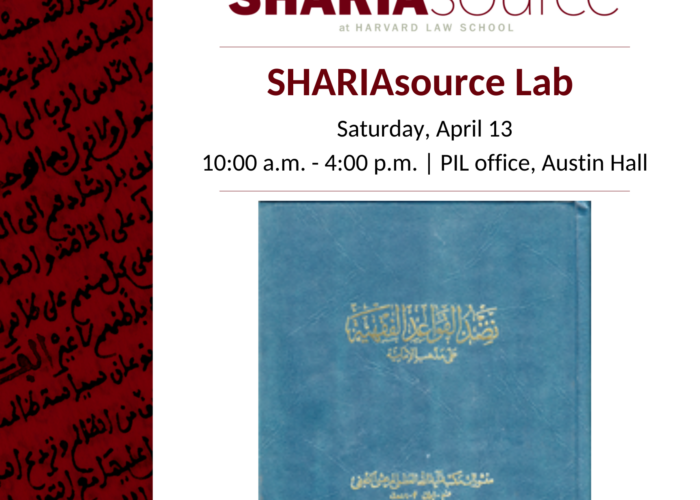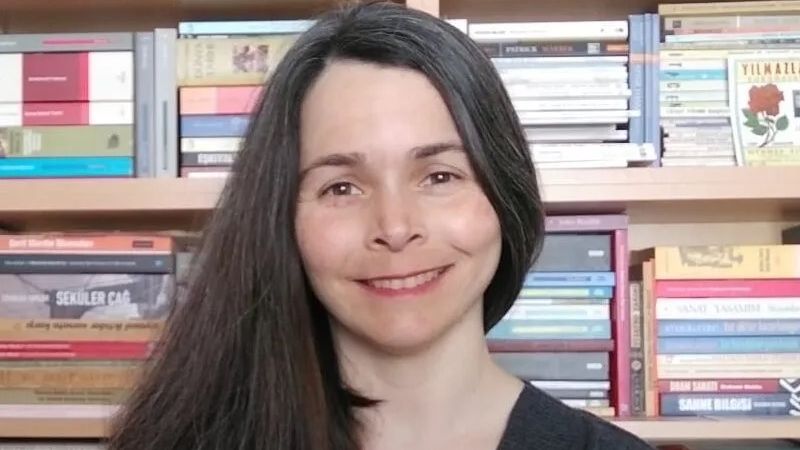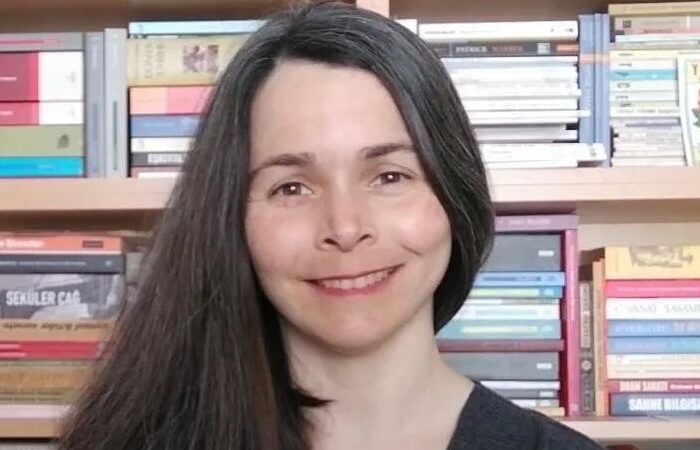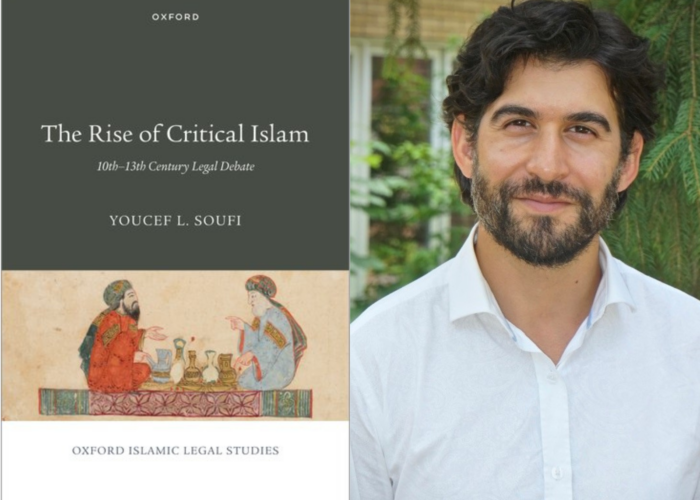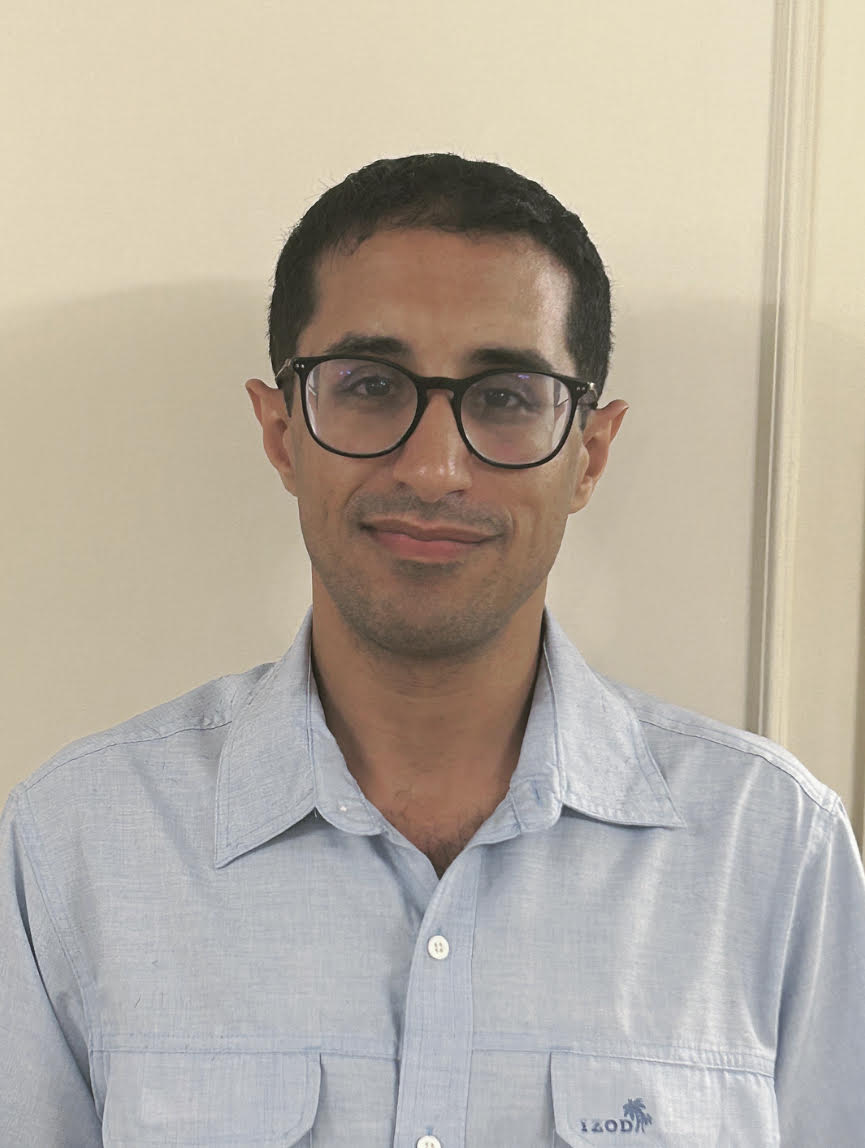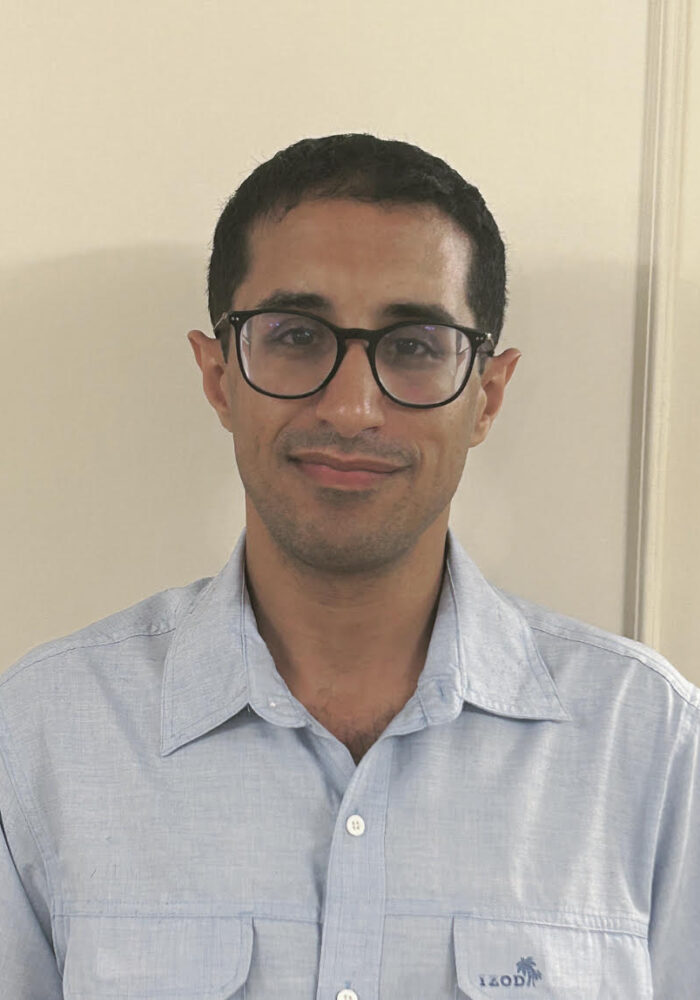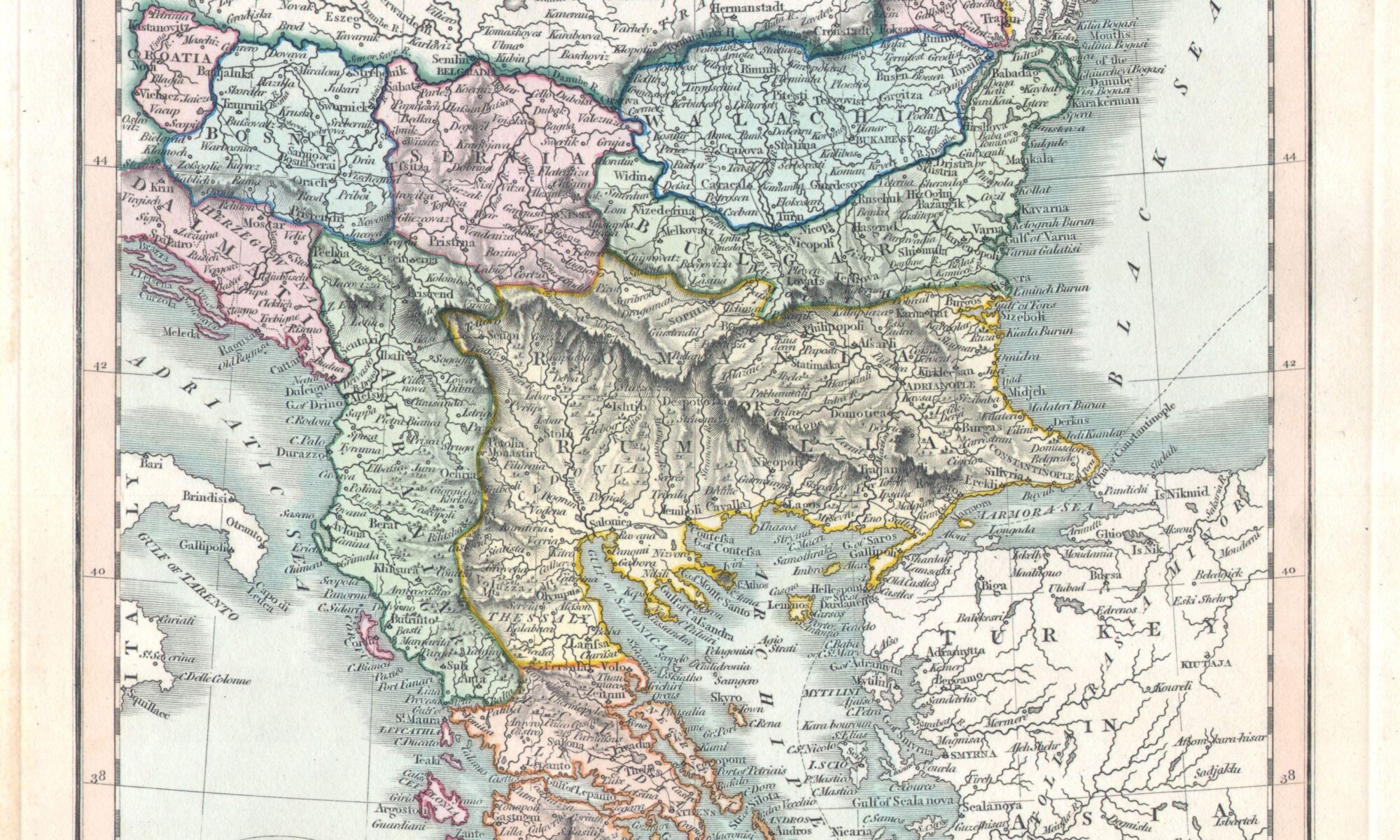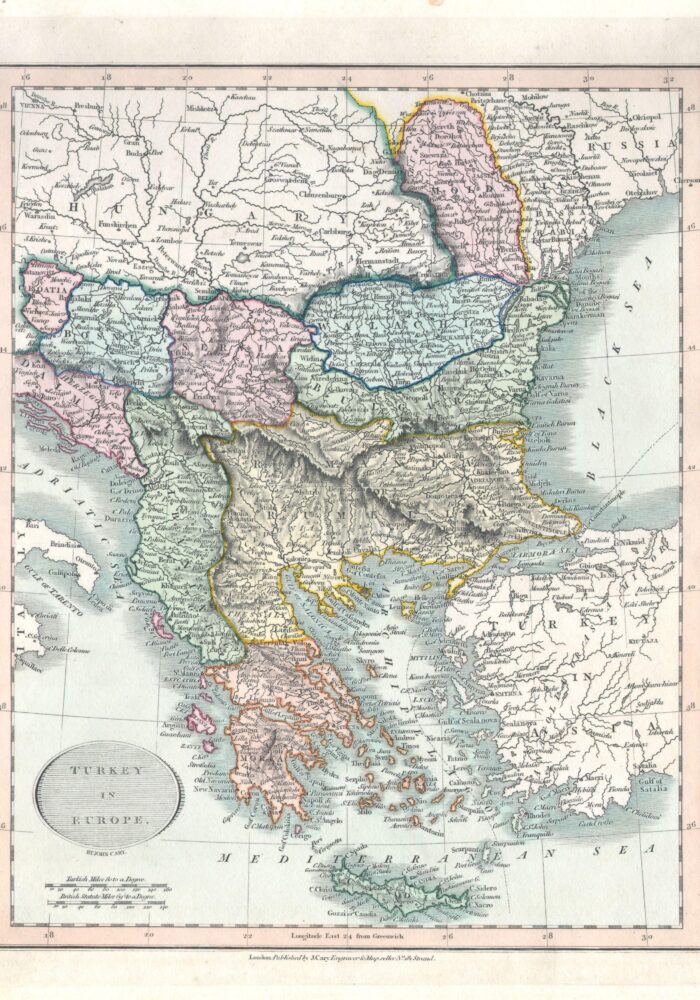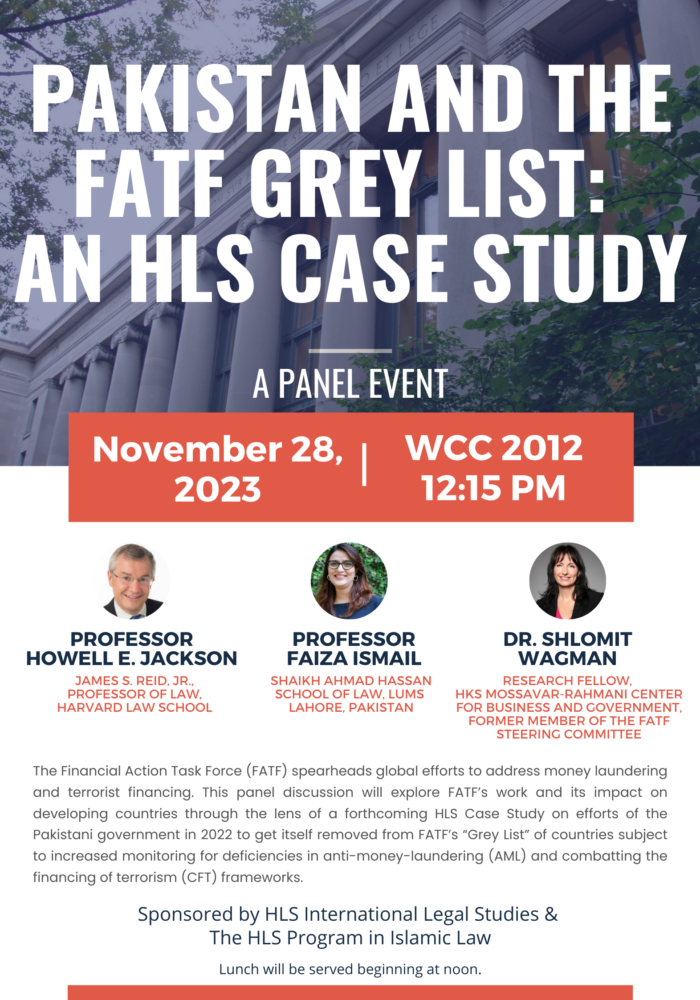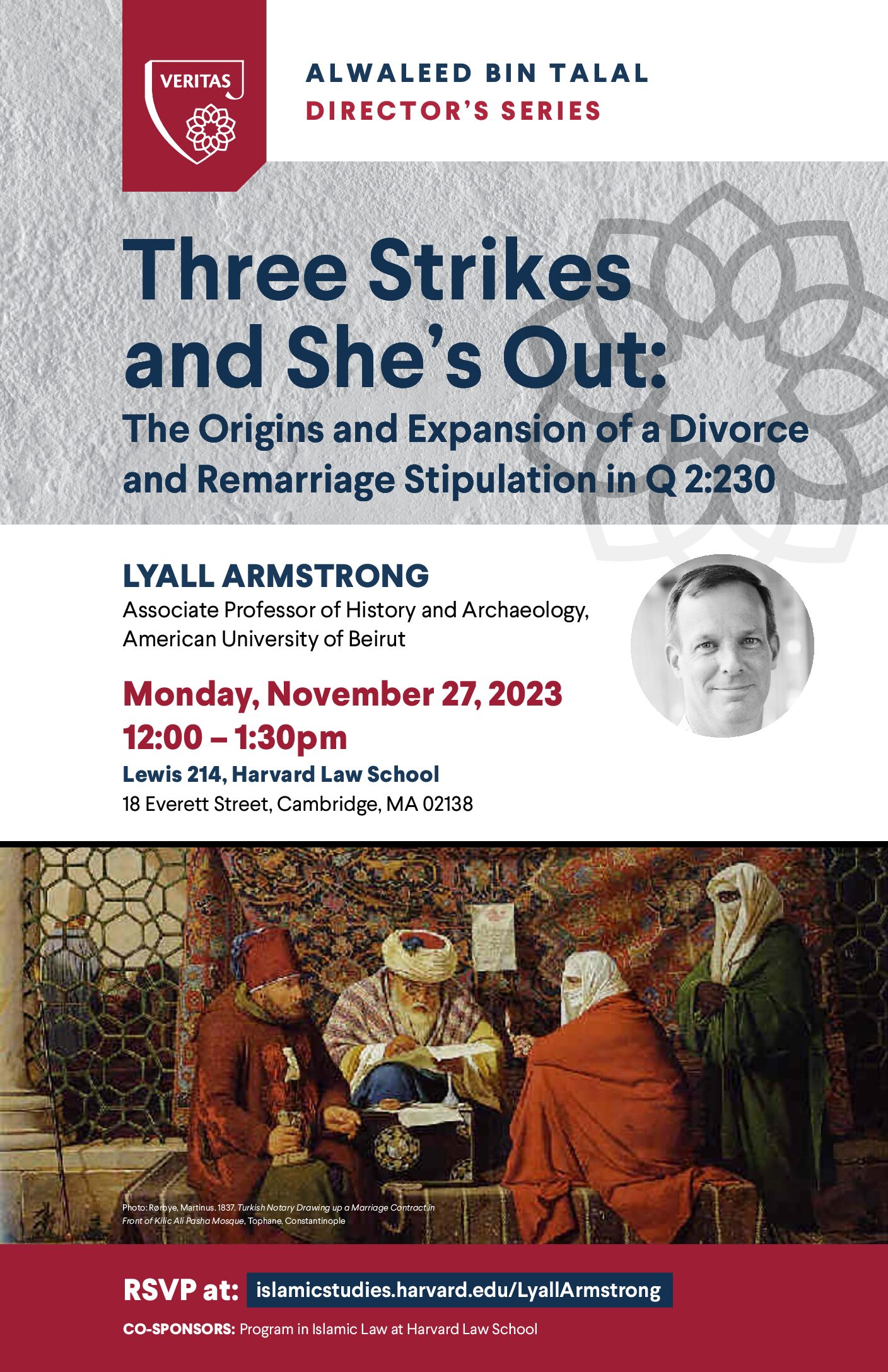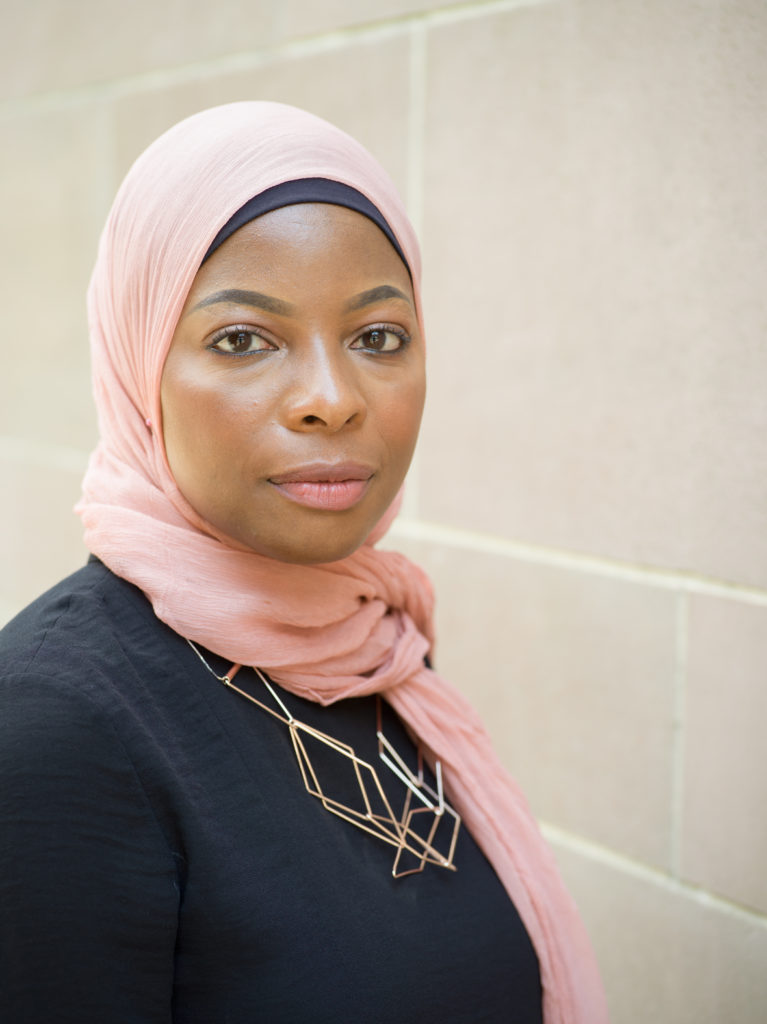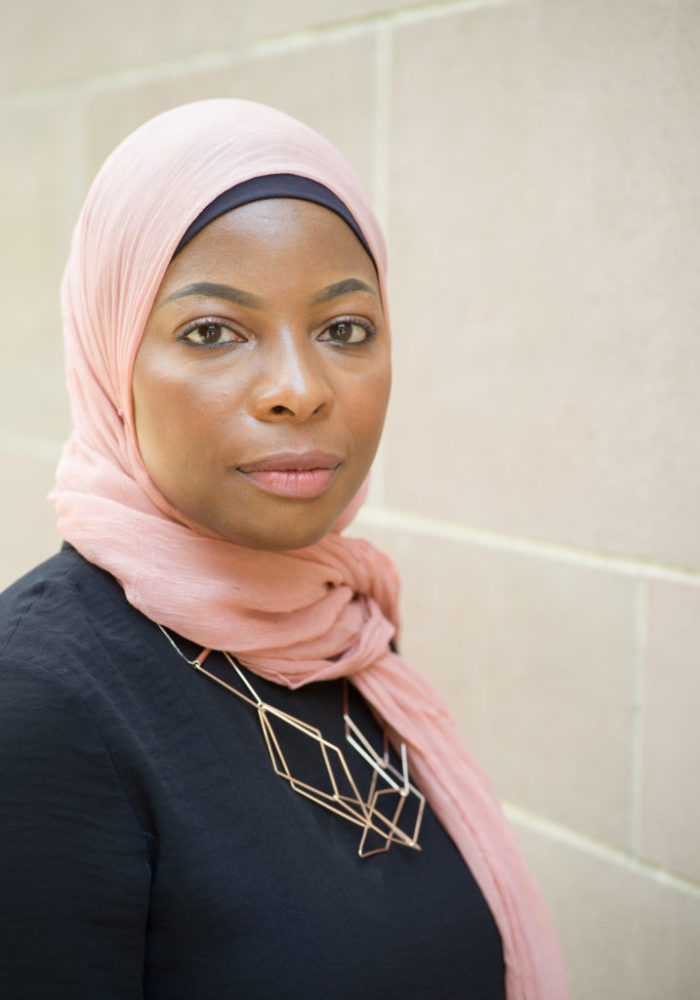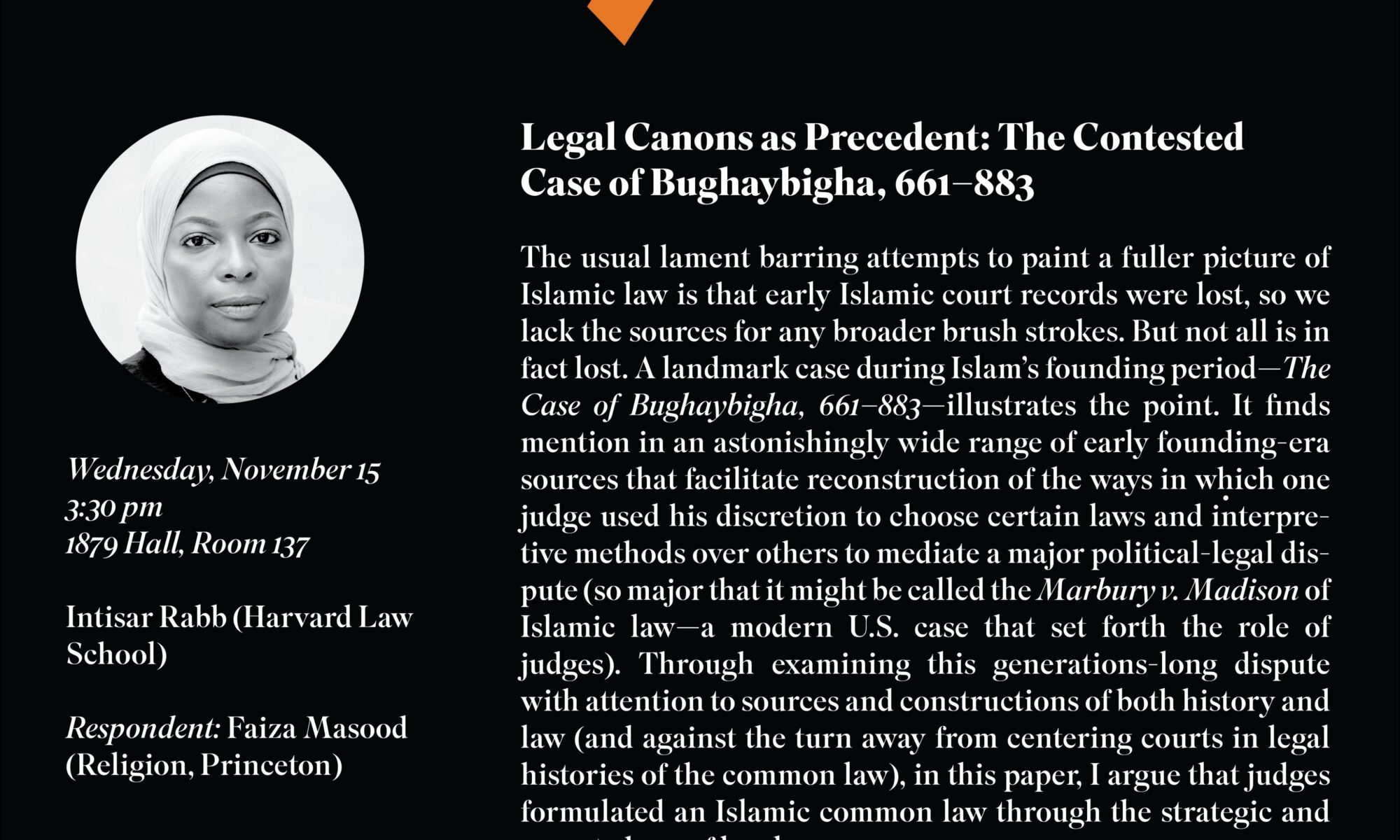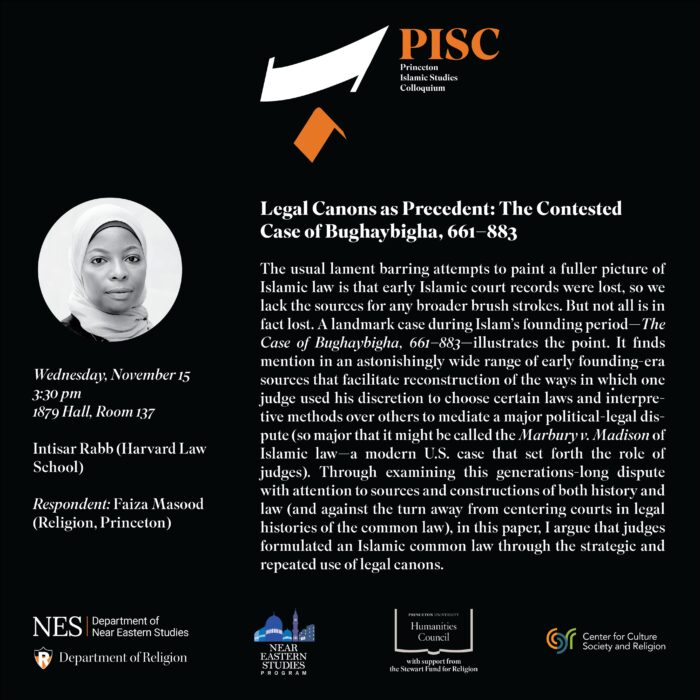This event is hosted by the Princeton Islamic Studies Colloquium. Professor Intisar Rabb (Harvard University) will present her research titled “Islamic Common Law.” The event will take place at Princeton University, 1879 Hall, Room 137 on Wednesday, November 15, 2023.
Abstract
Conventional accounts of early Islamic law tend to discount courts but inflate the importance of a symbiotic relationship between caliphs and jurists. These accounts often present judges, who were appointed by caliphs and instructed on questions of law by jurists, as either arbitrary (dispensing justice from under a tree, per Weber) or unnecessary (marginal to the history and operation of Islamic law, per nearly everyone else). The conception of law, throughout, is one of solely divine religious origin and independent juristic elaboration to either be tolerated or obstructed by caliphs. In most histories of Islamic law from its advent in the 7th century until the caliphate’s fall in 1258 (its long ‘founding period’), courts blur into the background.
The usual lament barring attempts to paint a fuller picture of Islamic law is that early Islamic court records were lost, so we lack the sources for any broader brush strokes. But not all is in fact lost. A landmark case during Islam’s founding period—The Case of Bughaybigha, 661–883—illustrates the point. It finds mention in an astonishingly wide range of early founding-era sources that facilitate reconstruction of the ways in which one judge used his discretion to choose certain laws and interpretive methods over others to mediate a major political-legal dispute (so major that it might be called the Marbury v. Madison of Islamic law—a modern U.S. case that set forth the role of judges). In the process of issuing such decisions, judges helped concretize juristic rulings, constrain executive agents, and, I argue, construct a type of Islamic common law. Uncontained in a single ‘court record,’ this Case and the surrounding historical and religious contests informing it come from unexpected places for most legal historians: they range from works of history—historical chronicles, regional histories, geographical dictionaries, judicial biographies, endowment deeds, heresiographies, literary anthologies, and theological tracts; to works of law—treatises on substantive law (fiqh) and jurisprudence (uṣūl al-fiqh), and collections of legal canons (qawāʿid fiqhiyya). Moreover, when approached capaciously, diverse sources from Islam’s founding period are replete with accounts that depict judges at the center of interpretation and the construction of Islamic law at key moments. Rather than look for law in the expected places, it is worth taking law from wherever we find it. In fact, it is essential that we do so: combining sources for history and law, read with attention to both historiography and interpretive methods.
Through examining this generations-long dispute with attention to sources and constructions of both history and law (and against the turn away from centering courts in legal histories of the common law), in this book, I argue that judges formulated an Islamic common law through the strategic and repeated use of legal canons. Adding color from modern statutory interpretation theory deepens perspective on the ways in which Muslim judges historically used these legal canons not only to resolve disputes but to build a judicial practice of interpretive precedent and to mediate institutional relations between caliphs, jurists, and diverse groups of ordinary Muslims. My examination of this generations-long dispute with attention to early medieval sources and constructions of both history and law, along with my appeal to modern theories of law and interpretation, adds texture to the working sketches of Islamic law’s early history, and of the robust role of both courts and canons within it.




